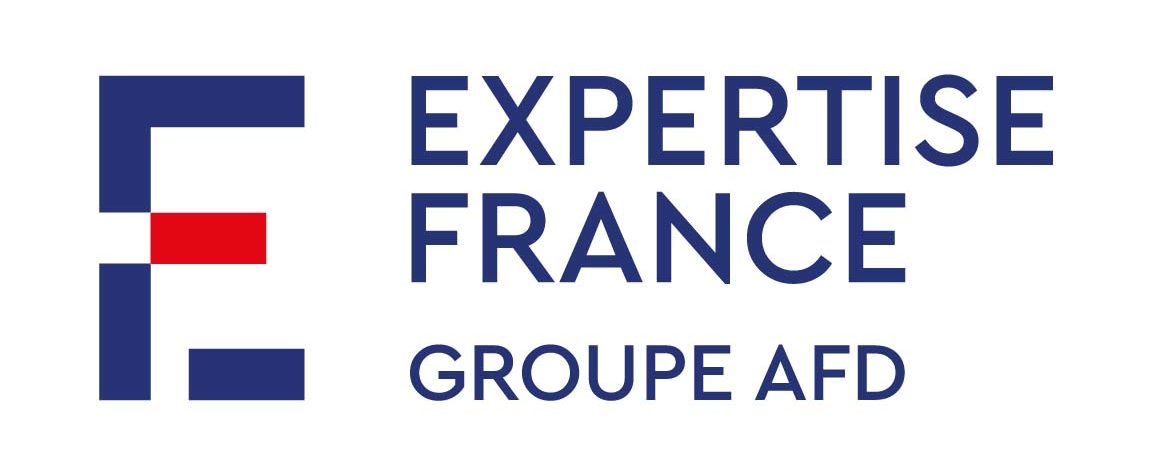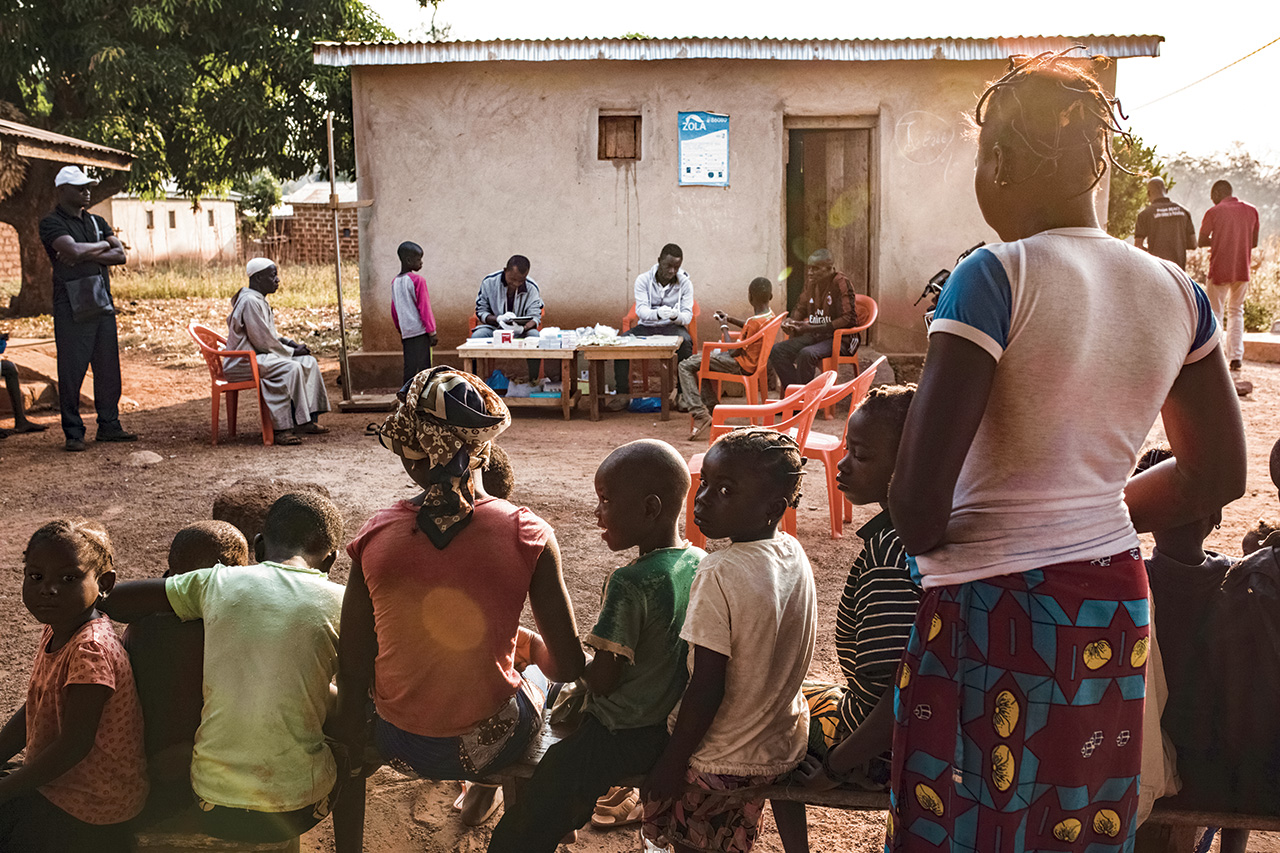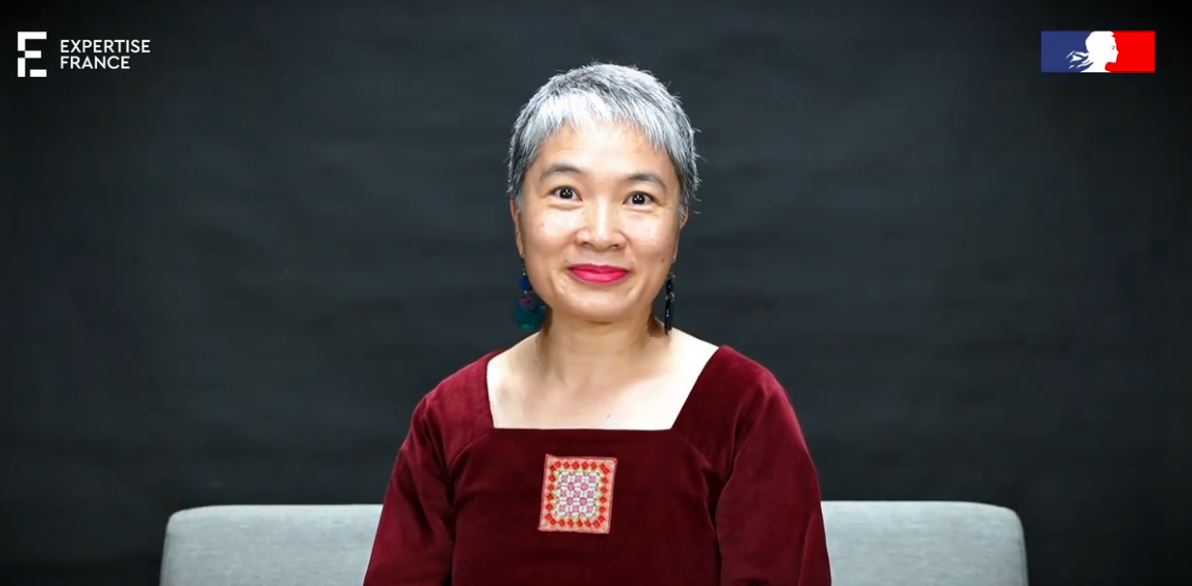The Initiative: a look back at 10 years of commitment against pandemics
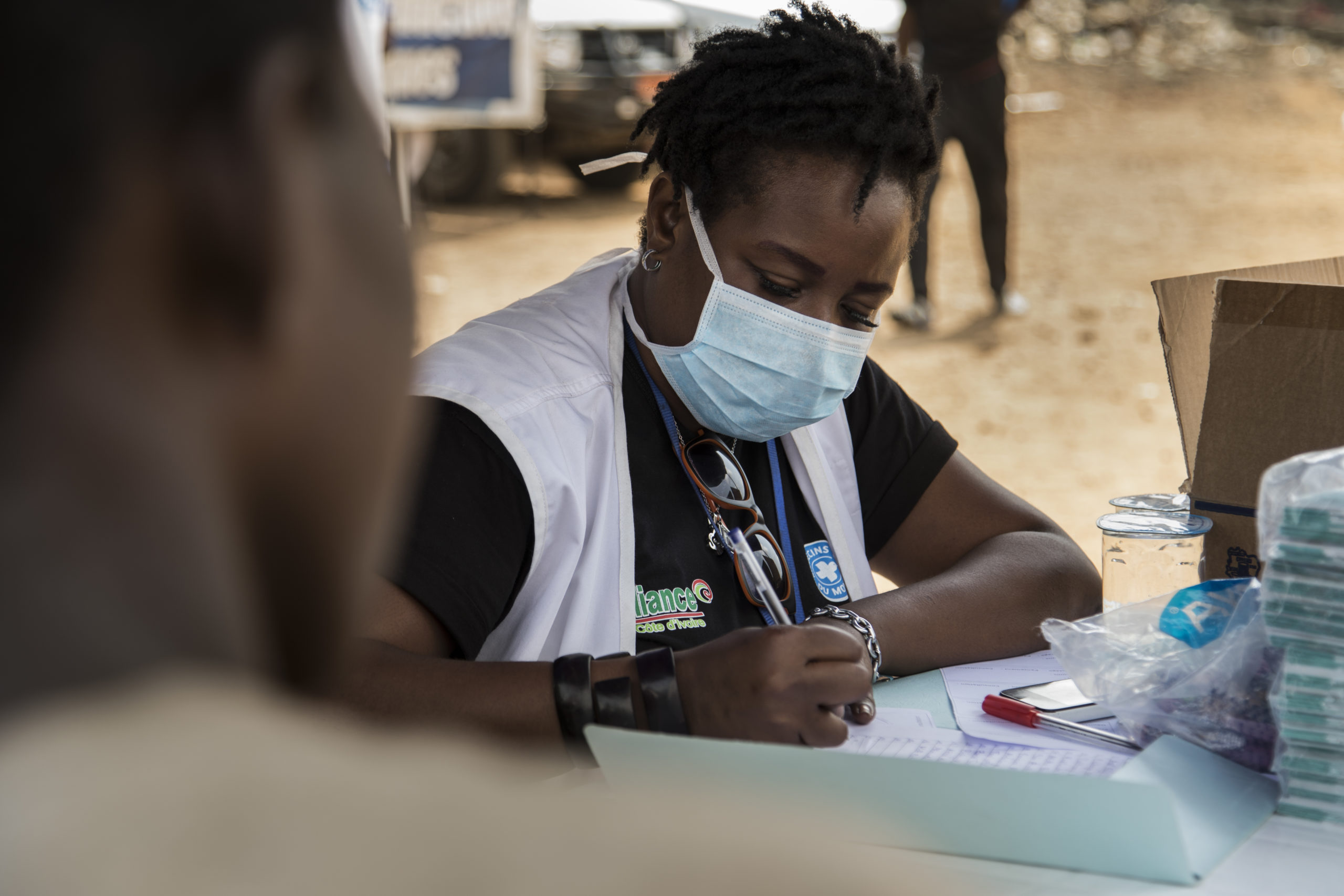
The Initiative: looking back on 10 years of commitment
against pandemics
Éric Fleutelot, Technical Director of the Major Pandemics Unit in the Health Department of Expertise France, looks back at the Covid-19 pandemic and the role of international cooperation through the actions of L'Initiative. Funded and supervised by the French Ministry of Europe and Foreign Affairs, L'Initiative is implemented by Expertise France and supports countries - mainly French-speaking - in the application, implementation and monitoring of allocated grants, and on the environment in which the Global Fund works to fight HIV/AIDS, tuberculosis and malaria.
What impact has Covid-19 had on the HIV/AIDS, tuberculosis and malaria pandemics?
Today, more than 18 months after the emergence of what is being called the pandemic of the century, all healthcare access programs have been impacted, and not just in developing countries. In terms of HIV, fewer people have been diagnosed and treated than in previous years: compared with 2019, HIV testing fell by 22 % and the number of people reached by HIV prevention programs and services fell by 11 %, and by 12 % for young people. The pandemic has had a catastrophic impact on the fight against tuberculosis worldwide.. This is due to the highly contagious nature of tuberculosis: a person with active tuberculosis who is left untreated can infect up to 20 other people: diagnosis and treatment are therefore essential, both individually and collectively, to prevent new infections. By 2020, the number of people treated for drug-resistant tuberculosis in countries where the Global Fund invests had fallen by 19 %, and the number of people undergoing treatment for extensively drug-resistant tuberculosis by 37 %, an even greater drop.
The Global Fund is a financing mechanism for countries. Without money, it's impossible to curb pandemics. But money alone is not enough. We need support. There has to be support for countries' human resources. Support is needed to overcome any bottlenecks that may exist. This is where our action is essential.
Éric Fleutelot, Technical Director, Major Pandemics, Health Department, Expertise France
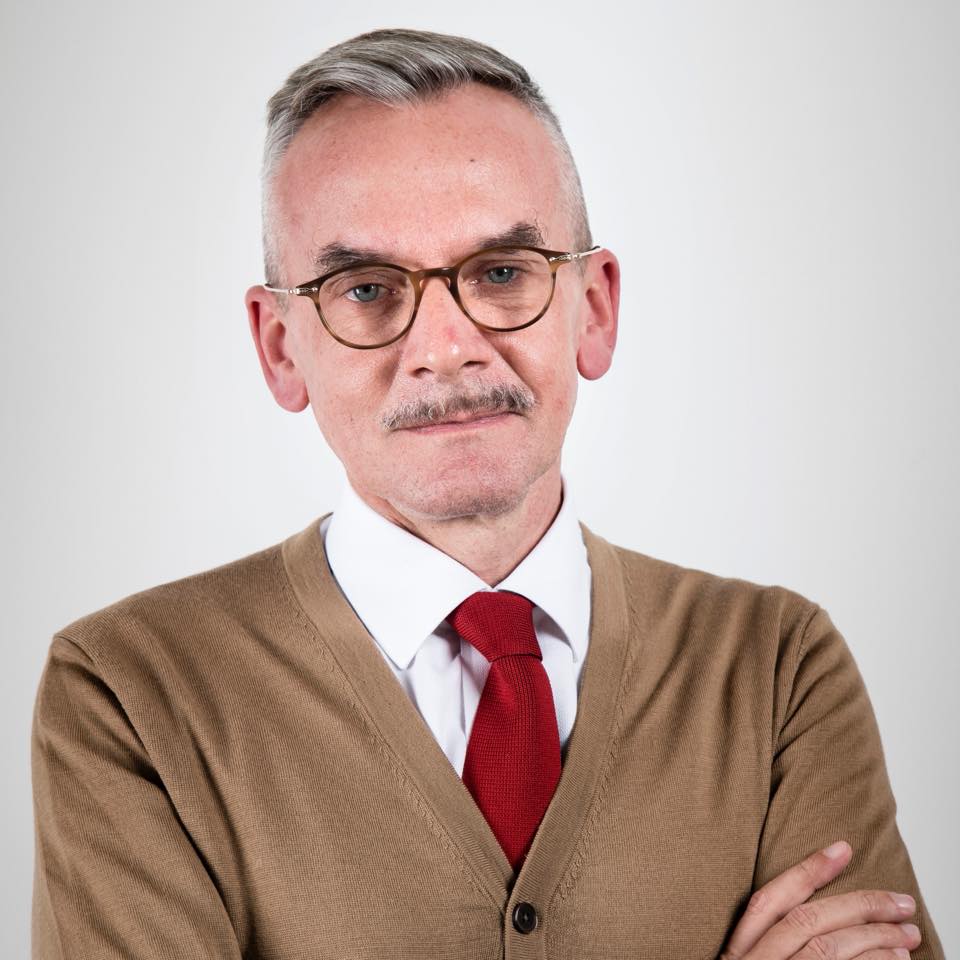
How did L'Initiative react to Covid-19?
As early as March 2020, we proposed adapting our methods of action, which resulted in an effort of around 4 million euros including reprogramming for projects in progress. We also awarded additional financing for certain projects so that they can adapt their activities to the Covid-19 context. We have set up a dozen technical assistances in 2020 and around thirty in 2021 to help countries access additional funding, dedicated to the response to Covid-19. This represented a cost of around 400,000 euros in 2020 and 2.5 million euros in 2021. We feel that we have been effective and responsive, but we are waiting for further details on the implementation of Covid-19 control activities in the countries concerned by our support. In addition, we have agreed to co-finance a call for projects from Inserm ANRS (the French national AIDS and viral hepatitis research agency) which was launched in the first half of 2020, for which we have co-financed 6 projects for 934,000 euros.
What is L'Initiative's role?
The Initiative was born ten years ago, out of the realization that French-speaking countries were finding it difficult to access Global Fund financing. Since then, the mechanisms for accessing Global Fund financing have evolved, and the Initiative has adapted. It now supports between 30 and 35 countries in each Global Fund financing cycle, to work on disease control strategies and to set up a dialogue between all the players in the countries - what we call country dialogue - and then to write funding applications to the Global Fund. This activity is complemented by investments in activities to combat the three pandemics in the countries concerned. This is how we support catalytic projects; as funders, we support projects that have the potential to change public health practices and policiesWe have the necessary flexibility and the ability to take risks. We have the necessary flexibility and capacity to take risks and show innovative ways forward, which in time can be financed by the Global Fund.
And finally, the Initiative is now taking on a more political activity, in the noble sense of the term, for example by supporting the African constituency on the Global Fund's Board of Directors, so that it can independently call on analysts, editors and political advisors to support African countries in taking up positions in the governance of the Global Fund. We also encourage the dissemination of information to and from the French-speaking world, which is still somewhat marginalized from the major international organizations where the working language is, whatever we say, English.
The Initiative's strategy and key challenges ?
The Initiative's strategy is a recent one, it was adopted in 2020. It provides for the mobilization of skills, with technical assistance and the reinforcement of skills in the field. HIV and tuberculosis are not treated today in the same way as they were ten years ago. Prevention is evolving, and rapid HIV diagnostic tests are available. Automated laboratories that are easier to use and give much faster results can, in some cases, quantify HIV viral load, which is useful for verifying the success of treatment. They can also be used to screen for and diagnose tuberculosis and tuberculosis resistant to anti-tuberculosis drugs; and these automated machines can screen for COVID or human papillomavirus, which is essential for better prevention of cervical cancer in women living with HIV. So, as tools evolve, so must the Initiative. We must be able to adapt and respond to the changing needs of countries. We serve countries, their populations, France's global health strategy and its values, as well as the Global Fund, which today recognizes us as a key player, particularly in West and Central Africa.
